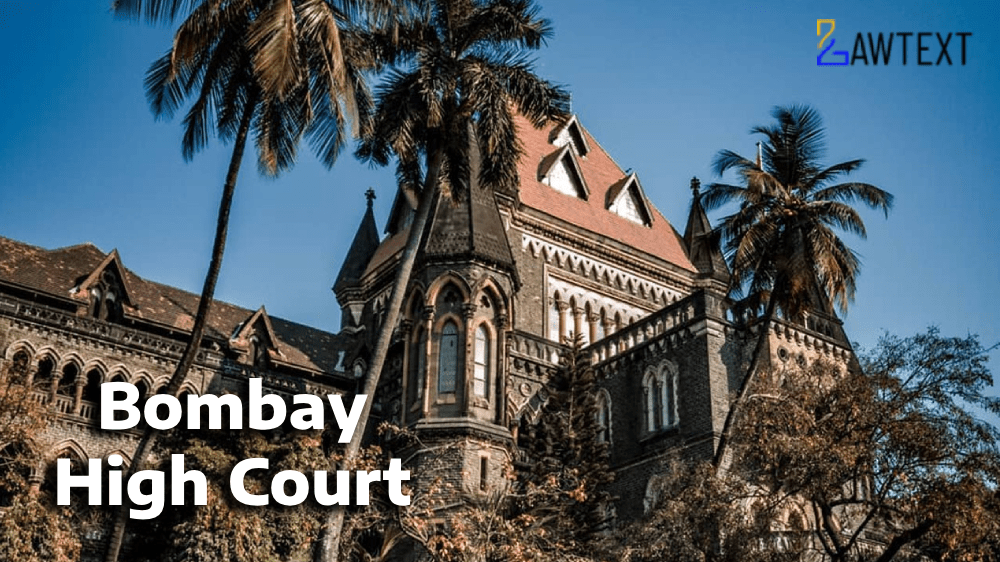

In 2015, Respondent No.1, Priyanka Communications, approached Tata Capital Limited for financing. The two parties entered into various loan agreements, including a Working Capital Demand Loan (WCDL) for ₹30 crores. This agreement was revised multiple times. Eventually, the Respondents requested and received a one-time temporary limit of ₹5.6 crores in 2019, with the loan to be repaid within 90 days. The loan was not repaid, leading Tata Capital to invoke arbitration under the Arbitration Clause of the Sanction Letter.
Tata Capital sought the appointment of an arbitrator under Section 11 of the Arbitration and Conciliation Act, claiming a valid arbitration agreement existed. They argued that all disputes arising from the loan facilities were subject to arbitration as outlined in the Sanction Letter.
The Respondents opposed arbitration, arguing:
The case highlighted conflicting positions on whether disputes involving SARFAESI Act proceedings could also be arbitrated. Tata Capital argued that the SARFAESI Act and arbitration could operate simultaneously, citing precedents such as M.D. Frozen Foods Exports Pvt. Ltd. vs. Hero Fincorp Ltd. However, the Respondents contended that the statutory remedies under the SARFAESI Act took precedence, making arbitration inappropriate.
The Bombay High Court had to assess whether it had jurisdiction to appoint an arbitrator, considering the SARFAESI Act and the RDDB Act's provisions. According to Section 11(6A) of the Arbitration Act, the court is limited to determining the existence of an arbitration agreement. Precedents from the Supreme Court in cases like Vidya Drolia and NTPC were used to argue that arbitration could only be refused if it was clear that the dispute was "manifestly non-arbitrable."
The core legal issue revolves around whether arbitration can coexist with statutory debt recovery mechanisms under the SARFAESI and RDDB Acts. The court must navigate between upholding the contractual right to arbitration and respecting statutory remedies designed for financial institutions, balancing contractual autonomy and legislative mandates.
Citation: 2024 LawText (BOM) (10) 150
Case Number: COMMERCIAL ARBITRATION APPLICATION NO.168 OF 2023
Date of Decision: 2024-10-15
Case Title: Tata Capital Limited Versus Priyanka Communications (India) Pvt. Ltd. And Ors.
Before Judge: FIRDOSH P. POONIWALLA, JJ.
Advocate(s): Mr.Rohan Savant a/w Mr.Sachin Chandarana a/w Mr.Aagam Mehta a/w Mr.Amol Rasal i/b M/s.Manilal Kher Ambalal & Co. Advocate for the Applicant. Mr.Pankaj Sawant, Sr.Counsel a/w Mr.Jehaan Mehta, Mr.Rehmat Lokhandwala, Mr.Hrishikesh Nadkarni and Mr.Premlal Krishnan i/b M/s.PAN India Legal Services LLP, Advocate for the Respondents.
Appellant: Tata Capital Limited
Respondent: Priyanka Communications (India) Pvt. Ltd. And Ors.